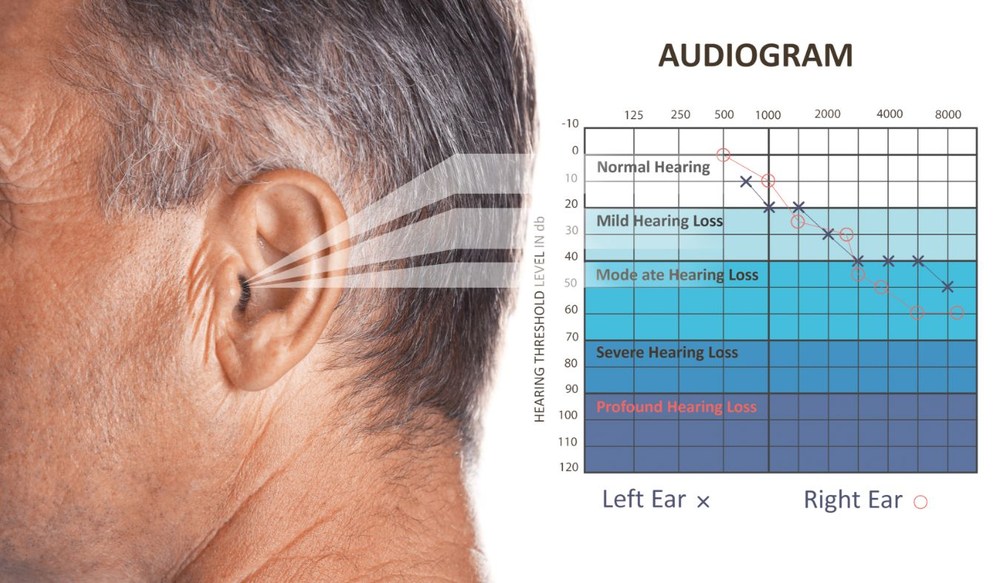Understanding Your Hearing Test Chart and Results
After you take a hearing test, your audiologist will show you a chart with
Evening & Saturday Appointments Available. LEARN MORE →


After you take a hearing test, your audiologist will show you a chart with

Choosing a hearing aid isn’t about finding the single

Hot weather activities shouldn’t require you to worry constantly